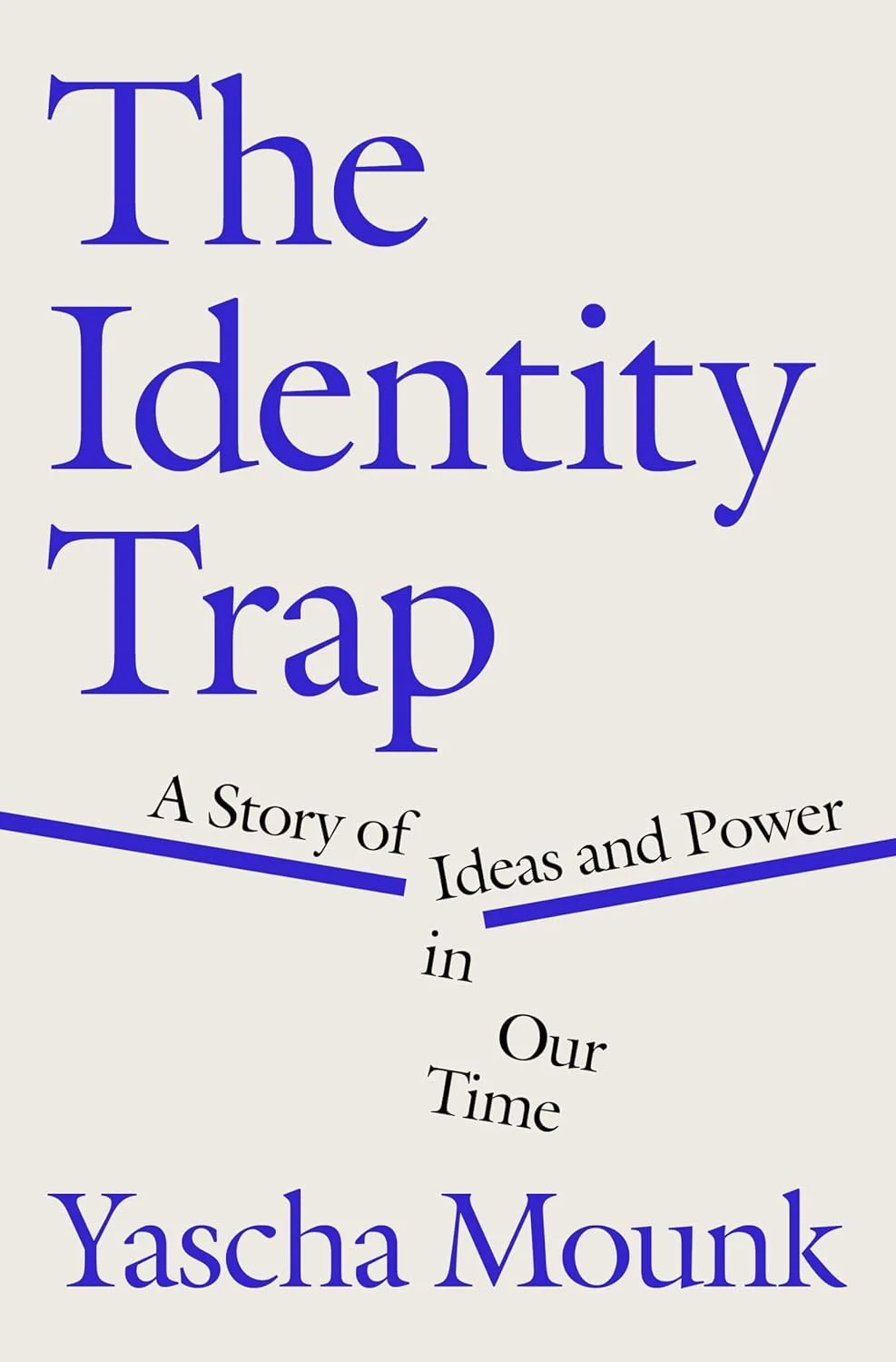Finding Purpose
Q. What is the chief end of man?
A. Man’s chief end is to glorify God and enjoy him forever.
This is where human purpose is found. Not in our sex lives, our hobbies, our careers, or our citizenship. Human purpose is found in our position relative to a holy, just, and powerful God.
Our purpose is not to find greater success in life, liberty, and the pursuit of happiness. While we are blessed to live in country that reasonably enables the opportunities to pursue prosperity, economic and physical well-being is not the purpose for our existence.
FINDING MEANING
Francis Schaeffer helpfully reminds his readers of this truth. He writes,
“Today, people constantly ask, ‘Does man have a purpose?’ In some areas of the world man is told that he has meaning only in reference to the state. In other places he is told that he has meaning only in his sexual life. . . . But all of these turn into sawdust in his hands. The Bible gives us a quite different answer: The purpose of man—the meaning of man—is to stand in love as a creature before the Creator.” (Schaeffer, Genesis in Space and Time)
Modernism encouraged pursuit of objectivity to a fault. The idea was that a human could absolutely know what was objectively true.
Post-modernism rejects the notion that humans can know objective truth, and in its more virulent forms it rejects the idea that there is objective truth. The first rejection is warranted, because a flawed, finite human can never know truth fully and objectively. The second rejection is cause for despair, because never will there be opportunity to firmly plant ethics on something that matters.
When I say “ethics” many think of the ability to evaluate situations to determine what should be done or should have been done. That is certainly part of the ethical task, but it falls far short of a robust understanding of the role of ethics, particularly in the Christian life.
Ethics is worship. It is the way that we evaluate future and past decisions to determine what we should do and whether it will fulfill our main purpose, or our chief end, of glorifying God and delighting in him. It entails assessing decisions, but even more significantly it requires comparing them to a standard.
WE NEED A STANDARD
When it comes to our perception of the world, we can recognize that we always have a bias, which usually entices us to redefine truth to our advantage. On the other hand, in order for that sentence to have any meaning, there must be a truth to be redefined.
Humans need a purpose in life that they can be oriented toward. When humanity rejects the objective truth of the Creator, they reflexively invent something else to judge themselves.
As John Calvin notes in his Institutes,
Man's nature, so to speak, is a perpetual factory of idols.... Man's mind, full as it is of pride and boldness, dares to imagine a god according to its own capacity; as it sluggishly plods, indeed is overwhelmed with the crassest ignorance, it conceives an unreality and an empty appearance as God.... To these evils a new wickedness joins itself, that man tries to express in his work the sort of God he has inwardly conceived. Therefore the mind begets an idol; the hand gives it birth.... Daily experience teaches that flesh is always uneasy until it has obtained some figment like itself in which it may fondly find solace as in an image of God. (1.11.8)
When humans abandon the idea of a Supreme Being against whose justice our lives our judged, we will find purpose or meaning in something else. Schaeffer includes sex on the list. He also includes the human relationship to the state, by which is is not simply indicting excessive nationalism, but also socialism that sees all human rights as granted by the state.
We were made for more than that. However, when an objective moral order in the created order is abandoned because the idea of their being a Creator is rejected, humans cannot live with the void that is created. They create something new to anchor their hopes and aspirations in and to judge their actions and the actions of others.
The human heart is an idol factory. When God is rejected, the void must be filled by an undefined notion of “love” or the good of the state. There is always something in reality.
Philosophers may claim that there is no objective truth, but human reality demands an external reference point. When we reject the true objective reality, the human heart or society will create another.
CONCLUSION
As an apologetic, this essay will fail. It isn’t an apologetic, but a reminder of where most people live—with a false reality—and what we need to resist as Christians.
The world will constantly pull us away from our chief end. It is the task of the Christian to continually come back to the central purpose of our lives: to glorify God and enjoy him forever.























There’s no reason to doubt that Jesus was nailed to the cross. Ultimately, I trust what Scripture says about Jesus’s crucifixion because I also trust what it says about his resurrection. And that’s what we should be celebrating this week.